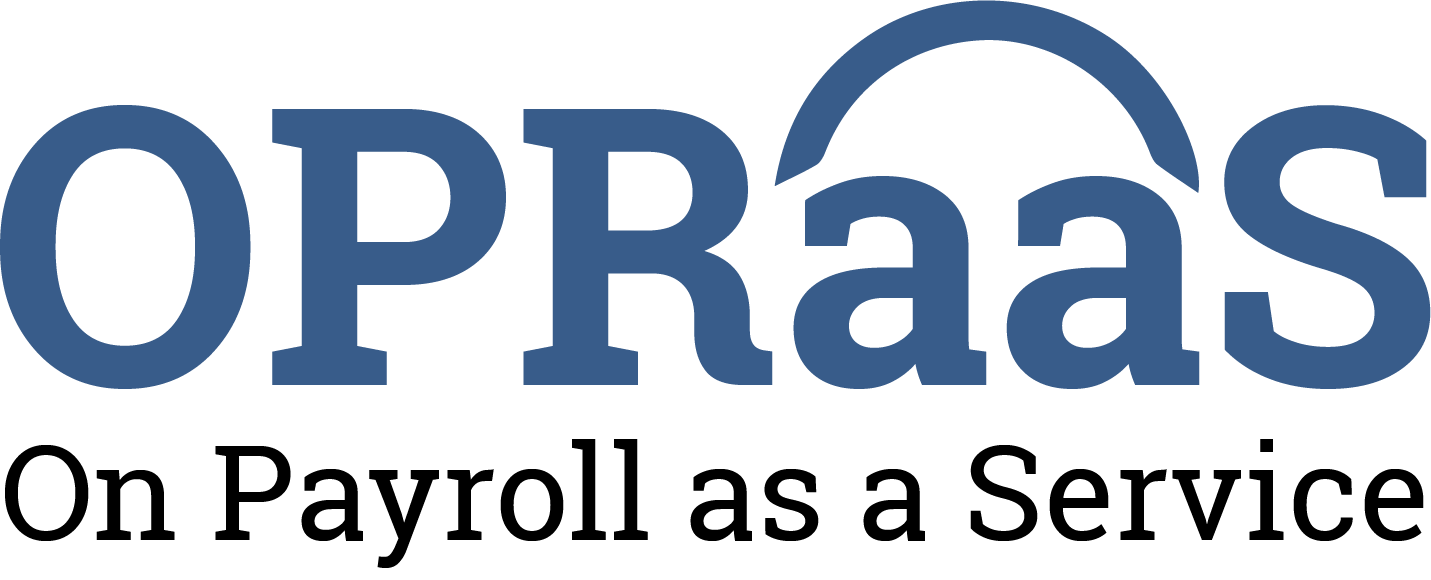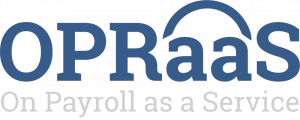LSCA End-Hirer's Audit Dashboard
Start, complete, revisit, analyse, store, print or send your essential Agency LSCA Audits by choosing from the menu below.
End-Hirer Agency Audit
Important Information
This section helps end-hirers assess the compliance, financial, and reputational risks linked to labour supply agencies — a critical control area ahead of HMRC’s 2026 legislation introducing Joint and Several Liability (JSL) for umbrella tax non-compliance.
Under the new strict liability regime, end-hirers may be held financially liable for unpaid PAYE/NICs even if the breach occurs further down the chain.
By verifying agency legitimacy, ownership history, affiliations with umbrella companies, and audit controls, end-hirers can detect signs of phoenixing, tax avoidance structures, or links to non-compliant umbrellas.
These checks are essential to demonstrate “reasonable prevention procedures” under the Criminal Finances Act 2017, meet Modern Slavery Act obligations, and maintain defensible oversight under the new 2026 supply chain compliance framework.
Evidence Expectations
In an HMRC audit, superficial responses will not meet compliance standards.
Agencies may be asked to provide:
- Contracts, KIDs, onboarding scripts, pay breakdowns
- Risk assessments, IR35/SDS logs, onboarding due diligence
- Third-party audit outcomes, governance records, and escalation logs
- Mini umbrella red flag checks, VAT/Kittel assurance, and group structure disclosures
By using the form, you acknowledge acceptance of OPRaaS LTD’s data handling policies and terms and conditions of use.
User and Company Details
Please enter the company details for the entity you are auditing. If you are performing a Self-Assessment, please insert your own company details here.
Section 1 – Corporate Legitimacy & Structure
This section ensures the agency or umbrella company is a legally constituted, active business with transparent trading identity and tax registrations.
Verifying incorporation, PAYE/VAT status, and ownership history enables the end-hirer to screen for shell companies, phoenixing, or fraudulent structures — key to meeting HMRC supply chain assurance duties and due diligence expectations.
Section 2 – Right to Work, Contracts & Onboarding
Section Justification (End-Hirer View):
To ensure all labour supplied into your business has been onboarded lawfully and transparently by the agency and any umbrella employers involved.
Failures in this area can lead to illegal working, employment rights breaches, and significant liabilities under:
- Immigration, Asylum and Nationality Act 2006
- Employment Rights Act 1996
- Criminal Finances Act 2017
- Modern Slavery Act 2015
- Joint & Several Liability reforms (2026
Section 3 – PAYE & Payroll Compliance
This section ensures that all parties in the labour supply chain — agencies and umbrella companies — comply with UK payroll, PAYE, and wage legislation.
It helps end-hirers detect misclassification, unlawful deductions, underpayment of holiday, or use of disguised remuneration models.
Regular auditing of payroll records ensures:
- Workers receive correct pay in line with contractual terms and NMW/NLW
- All deductions (tax, NI, pensions) are correctly calculated and remitted to HMRC
- Holiday pay is correctly accrued, calculated, and itemised
- Payroll is transparent, auditable, and GDPR compliant.
Failure to monitor payroll exposes end-hirers to liability under:
- Criminal Finances Act 2017
- National Minimum Wage Regulations 2015
- Modern Slavery Act 2015
- Joint & Several Liability reforms (2026)
Section 4 – CIS Compliance
End-hirers have a legal duty to exercise oversight over labour supply chains using the Construction Industry Scheme (CIS).
Failure to ensure correct CIS treatment — whether by agencies or umbrella intermediaries — can result in:
- Tax loss liability under the Kittel principle or Criminal Finances Act 2017
- Onshore Intermediaries Reporting failures
- Exposure under 2026 Joint and Several Liability reforms (JSL)
This section confirms CIS deductions, worker verification, status assessments, and reporting are compliant at all tiers of the supply chain.
Section 5 – Expenses, Allowances & Lodging
This section ensures that all expense and allowance payments across the supply chain are lawful, transparent, and not misused to disguise remuneration.
Improper use of tax-free expenses (e.g., travel, subsistence, lodging) can breach HMRC rules, NMW thresholds, and create disguised remuneration risks.
End-hirers must confirm that:
- Expenses are only paid where legally permitted (e.g., Working Rule Agreement (WRA), temporary workplace test)
- All claims are evidenced with receipts, records, and reconciliations
- Expense policies exclude unlawful practices (e.g., dispensations, flat-rate claims)
- Lodging payments are compliant with HMRC/WRA criteria and properly documented.
Failure to assure this area may result in:
- Breaches of National Minimum Wage Regulations 2015
- PAYE/NIC non-compliance
- Criminal Finances Act 2017 liability
- Joint & Several Liability exposure (2026)
Section 6 – GDPR & Data Protection
End-hirers must ensure agencies and umbrella companies handle worker data lawfully, securely, and in compliance with UK GDPR.
Where personal data (e.g., ID, RTW documents, tax, or bank details) is processed by third parties, the end-hirer remains jointly responsible under GDPR (as joint controller or controller in common).
Key obligations under Articles 28 & 30 UK GDPR:
- Clear definition of controller/processor roles
- Data Processing Agreements (DPAs) and Records of Processing Activities (RoPA)
- Adequate organisational and technical security measures
Failure to assure GDPR compliance risks fines, ICO enforcement, reputational damage, and payroll data misuse.
Section 7 – Modern Slavery & Worker Welfare
This section ensures agencies and umbrella companies actively identify, prevent, and address the risk of labour exploitation, trafficking, or coercion in their supply chains.
Under the Modern Slavery Act (MSA) 2015 and the 2026 Joint & Several Liability (JSL) regime, end-hirers must demonstrate that they took reasonable steps to protect workers and prevent criminal facilitation of exploitation.
Key controls include:
- Policies and risk assessments
- Staff training and right-to-work checks
- Umbrella compliance checks (fees, deductions, worker welfare)
- Whistleblowing channels and incident response
- Contractual clauses and end-hirer assurance
Section 8 – Business Continuity & Risk Management
Staffing agencies and umbrella companies play a critical role in labour supply. Disruption — through insolvency, HMRC enforcement, cyberattacks, accreditation loss, or structural changes — can lead to payroll failure, unpaid workers, or reputational damage for the end-hirer.
This section ensures agencies and umbrellas have robust governance and resilience measures to:
- Maintain payroll continuity and protect workers
- Safeguard supply in the event of financial, operational, or cyber shocks
- Provide transparency on risks (ownership, compliance investigations, accreditation status)
- Demonstrate corporate due diligence consistent with ISO 22301, FCSA Codes, and BEIS principles
Section 9 – Tax & VAT Fraud Prevention
End-hirers are jointly responsible for preventing VAT fraud and disguised tax practices in their supply chains.
Under the Kittel principle, Criminal Finances Act 2017, and 2026 Joint & Several Liability reforms, HMRC can deny input VAT or hold end-hirers liable if VAT fraud was “known or should have been known.”
This section ensures that VAT registration, invoicing, and payment practices across agencies and umbrella companies are legitimate, transparent, and regularly verified.
Passive reliance on supplier assurances is not enough — end-hirers must evidence active checks and maintain due diligence logs.
Section 10 – 2026 JSL & Umbrella Legislation Readiness
From 2026, umbrella companies will fall under new UK regulation, and Joint & Several Liability (JSL) provisions will hold end-hirers accountable for supply chain non-compliance — even when breaches occur downstream.
This section ensures that end-hirers and their agencies are proactively preparing for this strict liability regime by:
- Mapping supply chains and identifying all intermediaries
- Preventing use of mini-umbrella structures and disguised remuneration
- Enforcing audit rights, contractual obligations, and whistleblowing channels
- Embedding readiness through training, policies, and supplier declarations.
Failure to implement preventative controls will expose end-hirers to liability for unpaid PAYE/NICs, tax fraud, and worker exploitation.
Section 11 – Final Declaration and Signoff
This section confirms that the agency audit has been completed, reviewed, and authorised by a suitably responsible person from the end-hirer.
It also collects confirmation from the agencies and umbrella companies that they understand the expectations of accuracy, transparency, and cooperation with ongoing compliance duties.
Final Declaration and Agency Signoff
I, the undersigned, confirm on behalf of the end-hirer that::
1) The agency audit has been completed diligently and, to the best of my knowledge, is accurate, complete, and a fair reflection of our labour supply chain compliance procedures
2) All documentation referenced in this audit can be made available upon legitimate request (e.g. by clients, HMRC, enforcement bodies)
3) We acknowledge our responsibilities under relevant legislation, including the 2026 Joint and Several Liability reforms and the Criminal Finances Act 2017
4) This declaration reflects our organisation’s commitment to ethical labour supply, tax compliance, and continuous oversight of agencies and intermediaries
5) The agency has confirmed the accuracy of their submitted self-audit
6) The umbrella has confirmed the accuracy of their submitted self-audit
7) The Agency and/or Umbrella has acknowledged that the audit may be shared with HMRC and compliance bodies
8) The Umbrella has agreed to notify the agency of any material changes in compliance status
9) The Agency and/or Umbrella has confirmed that supporting documentation be made available upon request

